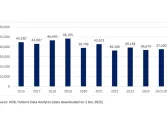
APAC retail sector poised for sluggish recovery post-COVID
Retail rents are expected to fall sharply in major cities in APAC.
According to CBRE, the negative impact of the pandemic on consumption has now stabilised from the trough in April. While regional consumer confidence remains in pessimistic territory, sentiment has been improving gradually since May as lockdowns and other restrictions have been eased. Retail sales in Mainland China, Japan and Australia rebounded m-o-m in June but year-to-date growth remains negative.
The pace of recovery will remain sluggish, with a recent uptick in new infections in Mainland China, Hong Kong SAR, Japan and Australia set to weigh on retail consumption. The resurgence in new cases will also delay the resumption of inbound tourism, adding to pressure on tourist-centric markets such as Hong Kong SAR, Macau SAR and Thailand.
Here's more from CBRE:
Vacancy increased across the region in H1 2020 following numerous right-sizing moves and/or market exits by several global fashion brands. Other closures have been observed among retailers in the children’s-related services, fashion and restaurant categories. CBRE expects the situation to worsen in the coming months, with further permanent shutdowns likely, especially in Singapore and Australia where temporary regulations preventing landlords from evicting tenants are scheduled to expire later this year.
Despite landlords turning more accommodative and offering higher incentives, leasing sentiment will remain subdued over the remainder of the year. While some retailers may take advantage of prime space becoming available at attractive rents, most brands remain cautious and are likely to delay new store-openings and expansion until 2021.
The sluggish recovery in consumption will see retailers continue to seek relief measures from landlords as well as pursuing lease restructuring. Weak demand will be somewhat offset by the slowdown in new supply, with many development projects having been delayed due to weak preleasing activity. Full-year new retail supply is estimated at around 25 million sq. ft., a decline of 40% from the forecast made at the beginning of the year.
CBRE retains its previous view, issued in May, that all major cities in Asia Pacific will undergo a rental correction this year. However, the decline in the regional rental index will deepen from the -6% estimated previously to over 9%, mainly due to the downgraded forecast for the Hong Kong SAR, where consumer spending has fallen sharply after social distancing measures were tightened. Following a decline of 15% in H1 2020, CBRE expects high street shop rents in the city to fall by an additional 15%-20% in H2 2020, bringing the full-year decline to 30%-35%.
The correction in tier I cities in Mainland China is unlikely to accelerate from the 3 to 5% decline witnessed in H1 2020. Ground floor rents are relatively stable and prime shopping centres are benefitting from an increase in domestic luxury consumption resulting from travel restrictions. However, units on upper floors of shopping malls are seeing higher vacancy – a trend that will exert downward pressure on average shopping mall rents and weigh on landlords’ rental income.
The full-year rental forecast for Tokyo (Ginza) has been downgraded from the -0.4% made in January to -6.4%. Secondary streets have seen vacancy rise following lease surrenders by several underperforming apparel brands. Rents for prime locations nevertheless remain resilient on the back of solid leasing demand from luxury brands.
CBD rents in the Pacific are under downward pressure in the absence of office-based employees, international students and tourists. The strongest impact has been in Perth, where rents fell by 10% in H1 2020. Across Australia, regional centres with a large number of fashion, department store and F&B tenants have struggled, but those catering to non-discretionary spending have performed relatively well.


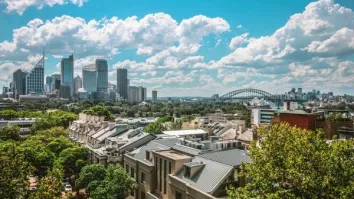

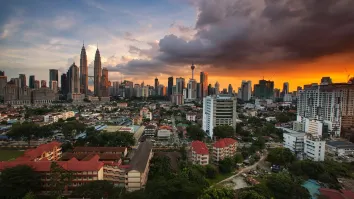
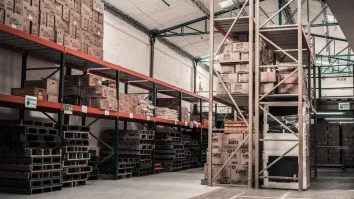



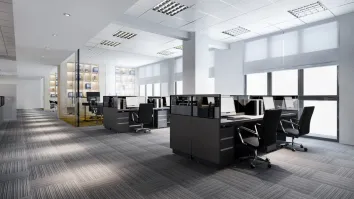



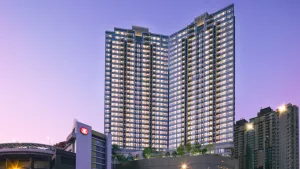





 Advertise
Advertise
